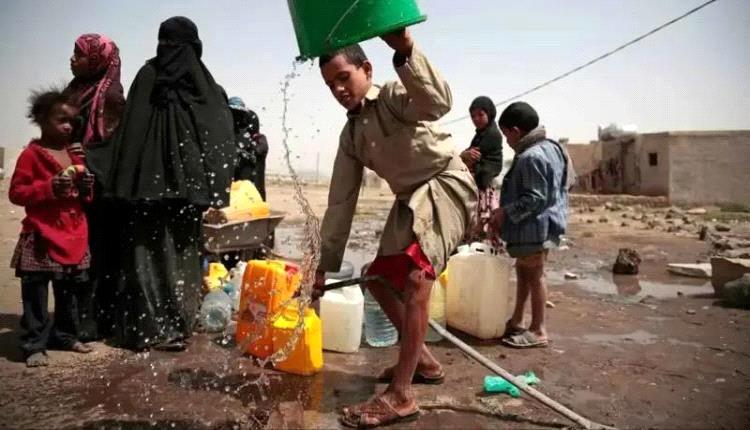The United Nations has reported alarming figures regarding the cholera outbreak in Yemen, with more than 186,000 suspected cases and 680 related deaths documented over the past six months. This update comes from the UN Office for the Coordination of Humanitarian Affairs (OCHA), which released a humanitarian situation report on Monday.
Impact on Vulnerable Populations
According to the OCHA report, the cholera outbreak continues to spread throughout Yemen, significantly affecting children under five and the elderly, who together account for a quarter of all cases. The report highlights that from mid-March to September 7, 2024, health authorities recorded over 186,000 suspected cases of acute watery diarrhea and cholera across all 22 provinces.
Nature of the Outbreak
The ongoing cholera epidemic, which has persisted for six months, is characterized by contamination of water and food supplies. At the peak of the outbreak, health officials reported between 1,050 and 1,800 new cases daily, underscoring the highly contagious nature of this public health threat.
Geographical Hotspots
The report indicates that the highest rates of infection have occurred in the western highland provinces, primarily under Houthi control. Recent data point to hotspots in the following provinces: Al-Dhale, Al-Bayda, Al-Hudaydah, Al-Jawf, Amran, Hajjah, Ma’rib, and Raymah.
At-Risk Groups
Children suffering from malnutrition, pregnant women, the elderly, and individuals with chronic health conditions face the greatest risk of contracting cholera. The report specifies that children under five represent 16% of all suspected cases and 18% of fatalities, while individuals over 60 account for nearly 10% of cases and 36% of deaths.
Compounding Factors
The situation has worsened due to heavy rains and subsequent flooding, which affected over 76,800 families in July and August 2024. Vulnerable populations living in areas with limited access to clean drinking water and sanitation facilities are particularly at risk.
This ongoing cholera crisis highlights the urgent need for humanitarian assistance and improved public health infrastructure in Yemen to combat the spread of this deadly disease.
To follow the news in Arabic

 Al-Aradah discusses military and security developments with the UN envoy’s military advisor and their impact on the peace process.
Al-Aradah discusses military and security developments with the UN envoy’s military advisor and their impact on the peace process. Tariq Saleh discusses the latest developments with the UAE ambassador.
Tariq Saleh discusses the latest developments with the UAE ambassador. Mareb officials and the Technical Education Authority launch the furnishing of the Community College, funded by Kuwait.
Mareb officials and the Technical Education Authority launch the furnishing of the Community College, funded by Kuwait. Workshop on violence against girls concludes in Aden, focusing on awareness and prevention strategies.
Workshop on violence against girls concludes in Aden, focusing on awareness and prevention strategies. Training customs personnel in Qatar on monitoring strategic goods.
Training customs personnel in Qatar on monitoring strategic goods. Al-Thuqali discusses efforts to document the Socotri language and directs preparations for the heavy vehicles site at the port.
Al-Thuqali discusses efforts to document the Socotri language and directs preparations for the heavy vehicles site at the port.